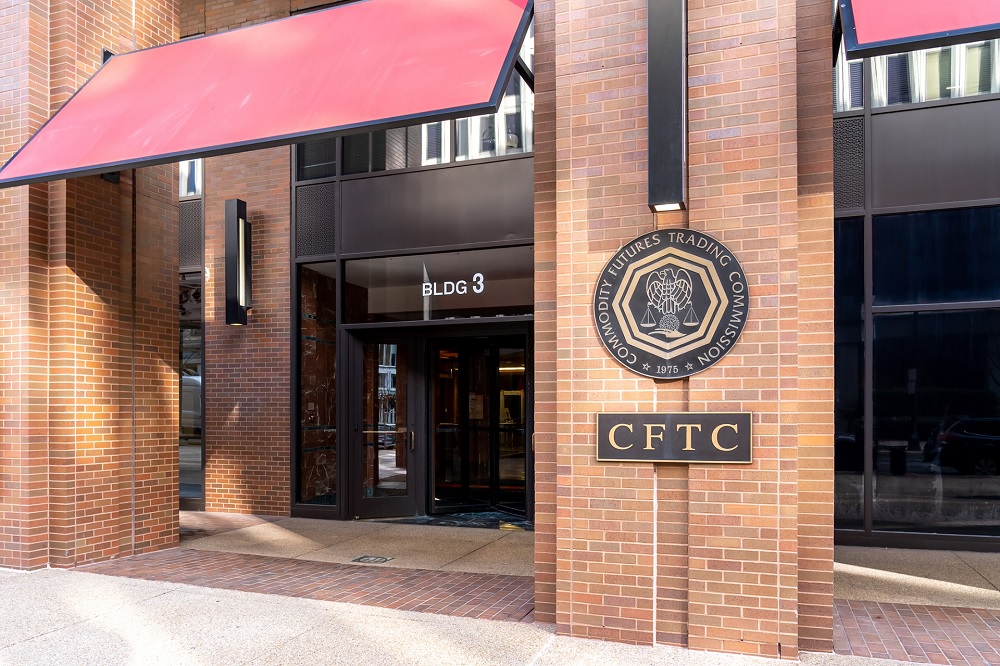
The Commodity Futures Trading Commission (CFTC) has secured a court order that imposes heavy penalties on Darren Robinson, a former resident of Miami, Florida, and his company The QYU Holdings Inc (QYUHI).
The order was signed earlier this week by Judge Linda V. Parker of the Eastern District Court of Michigan.
Robinson and QYUHI must pay restitution to defrauded customers, jointly and severally, in the amount of $5,923,515.37, plus post-judgment interest.
Defendants must pay a civil monetary penalty, jointly and severally, in the amount of $5,923,515.37 (“CMP Liability”), plus postjudgment interest;
The order concludes a case brought by the CFTC in September 2023.
The complaint accused Robinson and QYUHI of fraud, registration, and violations of books and records in connection with a multimillion-dollar fraudulent scheme in which Robinson, individually and as an agent of QYUHI, solicited at least $7.1 million from clients in USA
The complaint alleged that from approximately January 1, 2017 to the present (the relevant period), Robinson and QYUHI engaged in a multi-million dollar fraud scheme in which Robinson, individually and as an agent of QYUHI, induced individuals to join a group commodity market operated by QYUHI for trading in commodity interests, including currency pairs on a leveraged, margin or financing basis with non-eligible participants in contracts (retail forex) and forex futures.
Instead of participants’ funds in the trading pool, Robinson and QYUHI misappropriated all participants’ funds by depositing them directly into QYUHI’s corporate bank account controlled by Robinson, instead of depositing the funds directly into an account in her name group futures trader and/or retail currency trader.
Robinson and QYUHI misappropriated and continue to misappropriate participants’ funds to pay for Robinson’s personal expenses, including but not limited to luxury cruises, airline tickets, vehicles, as well as real estate purchases, credit card payments and other daily living expenses.
In addition, Robinson used approximately $1,272,850 of later participants’ funds to pay earlier participants purported “profits” and/or “buyouts” in the nature of a Ponzi scheme.

